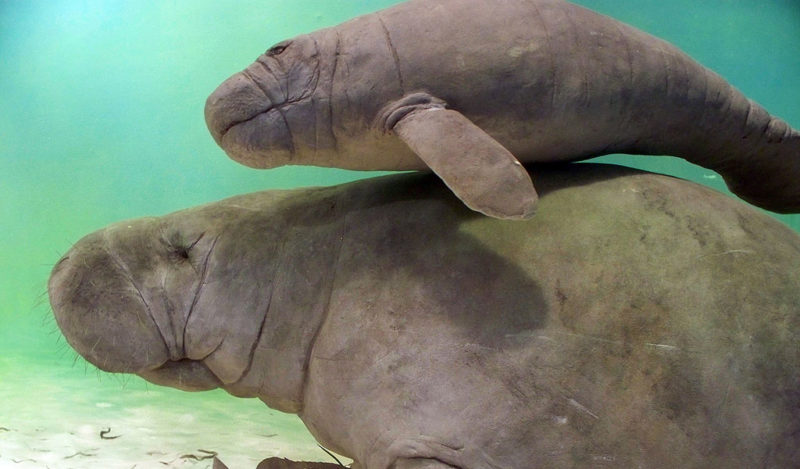A multi-stakeholder partnership of conservationists from across West Africa is joining hands this week to coordinate actions in the fight to save aquatic wildlife, which are facing an increasing level of threats.

The alliance, known as the Abidjan Aquatic Wildlife Partnership (AAWP), which was formed following concerns raised on this issue at the Abidjan Convention’s Twelfth Conference of the Parties (COP12) in March 2017, seeks to end the unsustainable use of endangered marine and other aquatic species across the coastal countries of West, Central and Southern Africa, which form part of the mandate of the Abidjan Convention.
To combat this growing threat, and officially launch the partnership, the Abidjan Convention – in collaboration with the USAID-funded West Africa Biodiversity and Climate Change (WA BiCC) and Swiss non-profit organisation, OceanCare – will hold a high-level workshop from July 23 to 25, 2018 in Abidjan, Côte d’Ivoire, to coordinate actions to achieve the goals of the partnership.
The workshop, according to Mr. Abou Bamba, Executive Secretary, Abidjan Convention, will catalyse discussions and identify actions on the trade, consumption and use of endangered marine and other aquatic wildlife. The AAWP’s action plan will be presented to the Abidjan Convention State Parties and will provide an opportunity to share best practices on eliminating the trade, consumption and use of endangered marine and other aquatic wildlife.
According to a new report, the illegal use and consumption of dolphins, manatees, hippopotamus, and sea turtles are on the rise, threatening the survival of these species as well as the health of their ecosystems. The report, which was prepared by USAID/WA BiCC, identified an increasing level of threats to these species in Benin, Cameroon, Nigeria and Togo – among other countries/parties connected to the Abidjan Convention.
The workshop coincides with the African Day of Seas and Oceans, an event included in the Africa 2050 Integrated Maritime Strategy (AIMS), which will be commemorated on Wednesday, July 25. The objective of AIMS is to effectively pursue the protection of oceans and seas including marine resources. It is anticipated that Member States will approve the Abidjan Aquatic Wildlife Partnership during the workshop.
To stem the consumption and use of endangered, threatened and protected marine and other aquatic wildlife in the convention area, the Abidjan Aquatic Wildlife Partnership aims to safeguard healthy populations of endangered, threatened or protected marine and other aquatic wildlife; identify and uproot the causes driving the trade, capture and consumption of these coastal, marine and other aquatic species; establish sustainable ocean stewardship principles and practices in coastal communities; empower local stakeholders and communities with the tools, information and capacity to address issues threatening coastal, marine and other aquatic species, including the detection of illegal wild fauna products at the national and regional exit and transit points, and bridge the gap between relevant inter-governmental forums and coordinate complimentary action between them.
The founding members of the partnership are USAID/West Africa Biodiversity and Climate Change (WA BiCC) programme, OceanCare, and Wild Migration.
